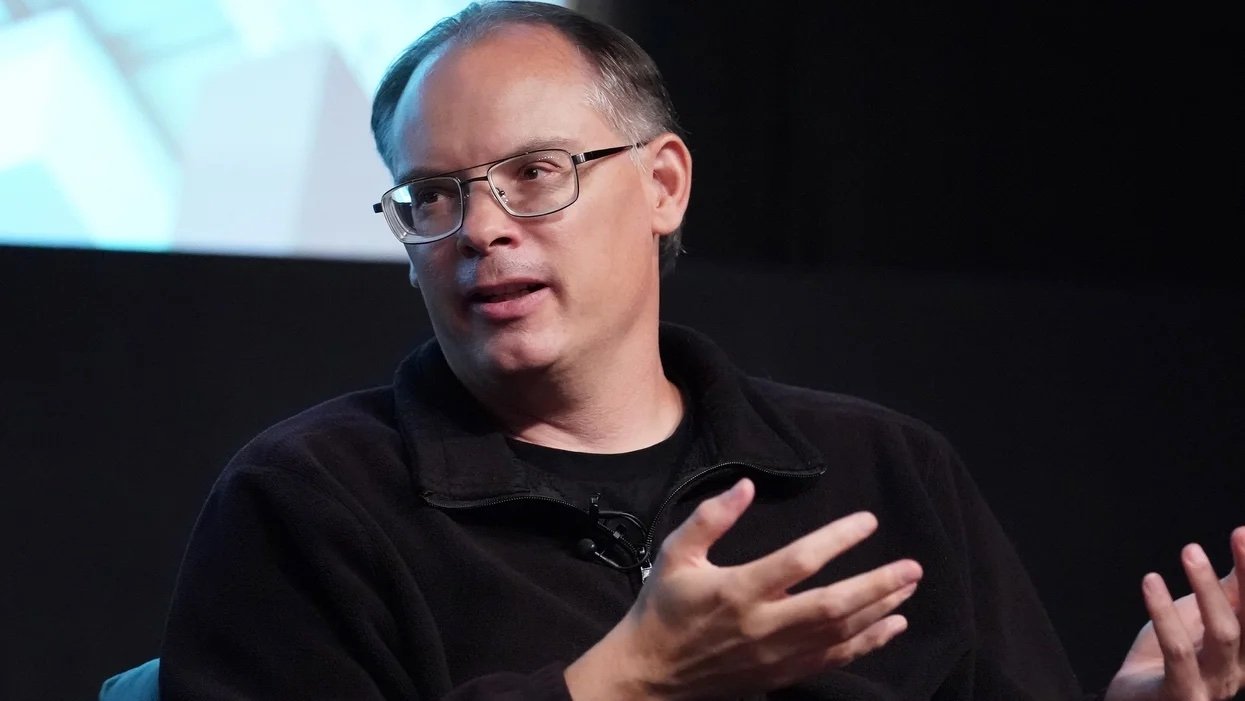Epic vs Apple suit finally ends, as Supreme Court refuses to hear both appeals
After more than three years, the Epic Games vs Apple legal battle is completely over as the US Supreme Court refuses to hear the "Fortnite" maker's appeal.

Epic Games viral '1984' ad campaign against Apple
On August 13, 2020, Epic Games decided to implement direct payments for "Fortnite" in an attempt to circumvent Apple's 30% App Store commission. Apple then pulled the game from the App Store and Epic Games, expressing surprise, launched what proved to have been a long-planned legal battle.
Some three years and five months later, that battle is finally ended, with no more opportunities for appeal. Throughout the long saga, Epic Games has mostly lost at every step, but Apple did not always win.
According to Reuters, the US Supreme Court decided on January 16, 2024, that it would decline to hear an antitrust challenge by Epic Games. The challenge was by way of an appeal against a lower court's decision, but the Supreme Court also declined to hear Apple's own appeal of that same decision.
Apple's disagreement with the decision concerned a part of the ruling that accused Apple of anti-steering practices, or how it prevents developers informing users of alternative ways to buy their apps.
That ruling in 2021 by Judge Yvonne Gonzalez Rogers, included a requirement for Apple to alter its App Store practices to avoid anti-steering. While Apple was appealing against that decision, the judge's injunction was put on hold.
That hold on the injunction is presumably now lifted, but neither the courts nor Apple have commented.
Why Apple and Epic Games went to court
Epic Games CEO Tim Sweeney has previously claimed that his company's disagreement with Apple was not about the 30% App Store commission. He's claimed that his dispute is over a free market where anyone can compete.

Epic Games CEO Tim Sweeney. Credit: Epic Games
"If we just build this thing in an open environment then companies can live on their merits," Sweeney said in March 2023. "We very much like that because we have a history of winning on the merits when given the chance and we're terribly frustrated at markets like iOS where you just can't make an Epic Games Store for iOS because Apple says 'You can't compete with us'!"
For its part, Apple has repeatedly said only that Epic Games chose to break the App Store agreements that it had signed.
"Epic's problem is entirely self-inflicted and is in their power to resolve," said Apple in 2021. "Epic has been one of the most successful developers on the App Store, growing into a multibillion dollar business that reaches millions of iOS customers around the world."
"We very much want to keep the company as part of the Apple Developer Program and their apps on the Store," continued Apple at the time.
Following the Supreme Court's final ruling, Sweeney took to Twitter/X to decry the decision -- and to paint the anti-steering injunction as a
victory for developers.
The Supreme Court denied both sides' appeals of the Epic v. Apple antitrust case. The court battle to open iOS to competing stores and payments is lost in the United States. A sad outcome for all developers.
— Tim Sweeney (@TimSweeneyEpic)
Read on AppleInsider

Comments
Might even be a Sweeney Todd reboot of sorts entitled, Tim Sweeney: The Demon Gamer of Cheat Street
One of the things the Ninth Circuit did in its opinion in this case is outline the circumstances under which a relevant antitrust market can be limited to a single brand. Under the guidelines the Ninth Circuit established it will be difficult to show that iOS distribution, for example, is a relevant antitrust market. The Supreme Court just decided not to review those guidelines and perhaps overrule or alter them. The Supreme Court didn't actually affirm them, so it's still plausible that it will in the future effectively overrule them. But for now it's a positive development when it comes to the likelihood that those guidelines, or something close, will live on.
What the Ninth Circuit said on this front is only legally binding in that circuit, but courts in other circuits may find it persuasive if they need to consider such matters themselves. At any rate, I think this cert denial makes certain kinds of antitrust actions the DOJ may bring in the future more difficult and may incline it to file such actions in a different circuit.
https://s3.documentcloud.org/documents/21060628/epic-apple-injunction.pdf
https://news.bloomberglaw.com/antitrust/supreme-court-rejects-apples-request-for-epic-app-store-review#
So what I was wrong about was that the appeal per anti-steering was ongoing. SC refused to hear both Epic and Apple's appeals.
Also, Apple still doesn't have to reinstate Epic's developer account so Epic may remain unable to distribute its Fortnite app on iOS.
Further, Apple can still require the payment of licensing fees for the use of its IP even though payments go through other parties. Depending on how Apple decides to handle that, it could make for a messy situation.
The injunction against Apple's anti-steering policies applies nationwide even though it's based on violation of California law.
Now they can advertise prices where they get 100% of the income, maybe we will even get cheaper options now.
Essentially saying “I want to open a popup restaurant inside McDonald’s. Why won’t they let me compete on merit?!”
This injunction doesn't abrogate Apple's right to collect a commission for, among other things, the use of its IP. Developers will still have to use the App Store to distribute their apps and still be bound by the terms of Apple's developer agreements, minus the specific terms which Apple can no longer enforce. Unless Apple decides otherwise, they'll still be required to pay a commission on certain kinds of digital sales - whether Apple processes the payments or not.
Apple might decide to change some of its (still legal) terms or lower its commissions under certain circumstances, but it doesn't seem likely to me that it will reward those developers who decide to direct users to other payment options by completely doing away with the commission requirements that currently apply to certain kinds of digital sales.
Some developers may find ways to cheat and not pay all the commission which they owe, but in doing so they would be risking Apple figuring that out and terminating their developer accounts for breach of contract.